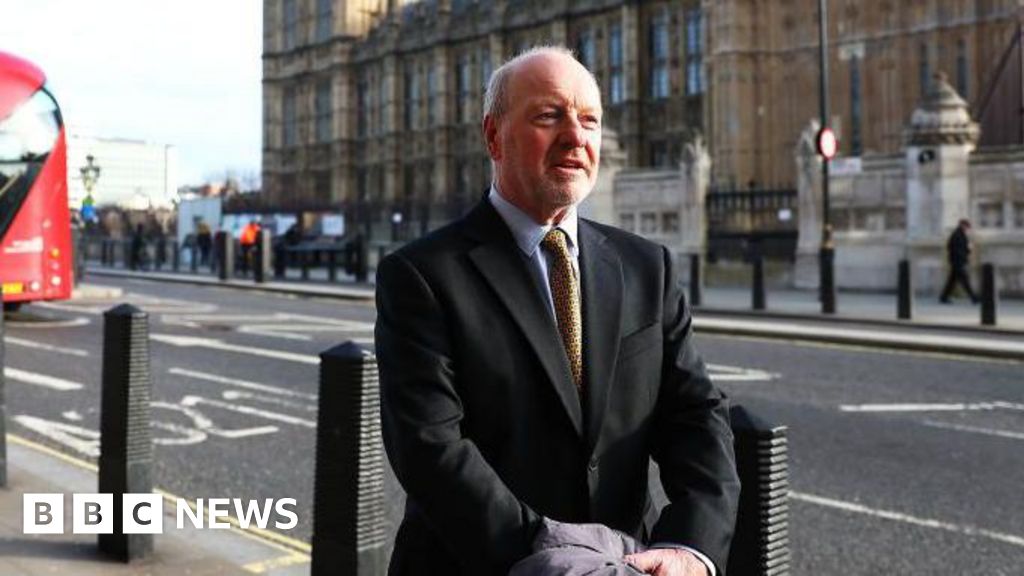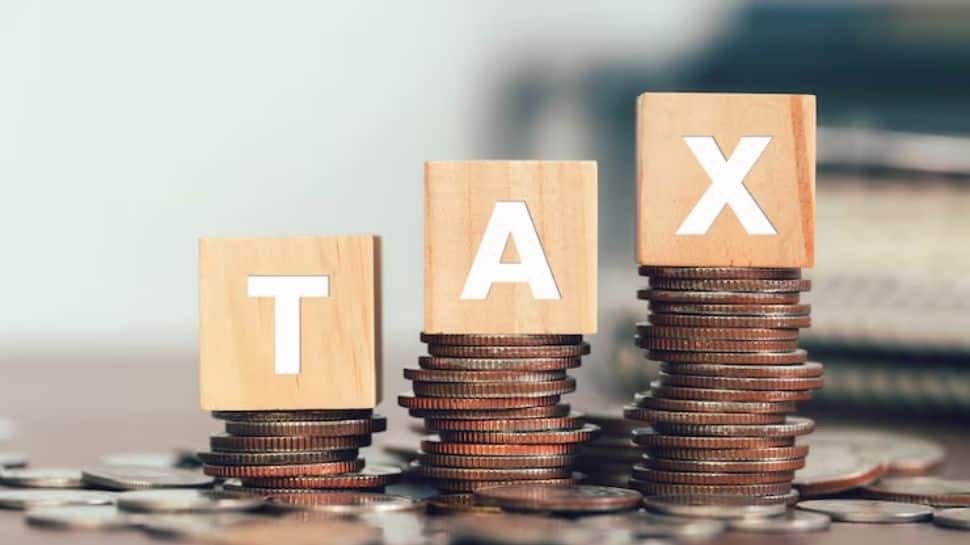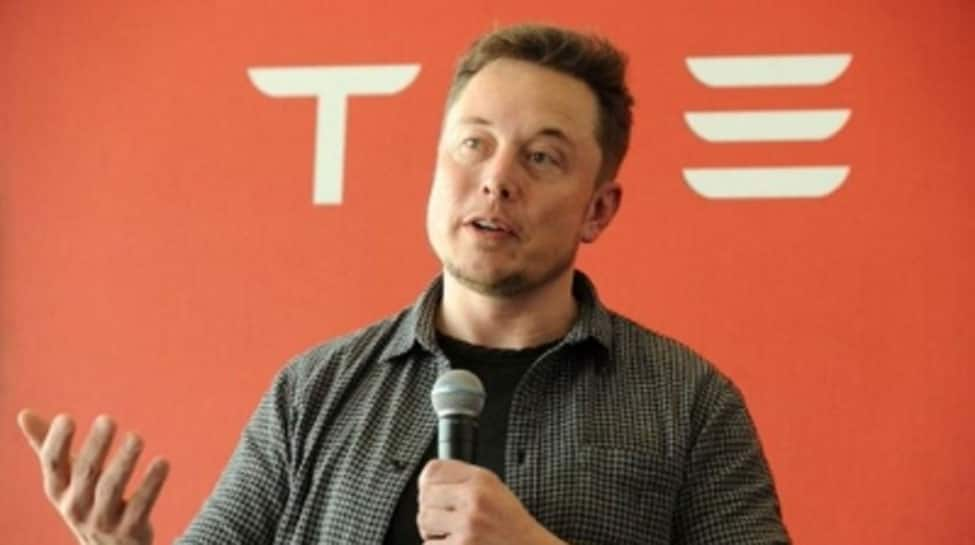Business
Alan Bates to get multi-million-pound payout over Post Office saga

Post Office campaigner Alan Bates has agreed a multi-million pound compensation figure from the Post Office, sources close to the deal have confirmed to the BBC.
The payout for Sir Alan comes more than 20 years after he started campaigning for justice for victims of the Horizon scandal which led a group of 555 sub-postmasters launching landmark legal action against the Post Office.
The exact sum paid to Sir Alan has not been made public and he has not responded to requests for comment.
Between 1999 and 2015, more than 900 sub-postmasters were wrongly prosecuted after the faulty Horizon IT system indicated shortfalls in Post Office branch accounts.
Hundreds more poured their own savings into their branch to make up apparent shortfalls in order to avoid prosecution.
Marriages broke down, and some families believe the stress led to serious health conditions, addiction and even premature death.
A spokesperson for the Department for Business and Trade said: “We pay tribute to Sir Alan Bates for his long record of campaigning on behalf of victims.
“We can confirm that Sir Alan’s claim has reached the end of the scheme process and been settled.”
As of September 2025, a total of £1.23bn had been awarded to more than 9,100 sub-postmasters.
Sir Alan first received an offer of redress in January 2024, which he rejected, describing it as “cruel and derisory”.
He was made another offer in May 2024 which he said was around a third of what he had requested. In May of this year, he said that he’d received a third offer for less than 50% of his original claim.
Sir Alan was part of the Group Litigation Order compensation scheme, under which claimants can either receive £75,000 or seek their own settlement.
As part of plan to claim his own settlement, Mr Bates told the BBC his lawyers had included compensation owed for his 20 years of campaigning for justice for those sub-postmasters caught up in the scandal.
The Post Office/Horizon scandal reached new heights in the public consciousness last year after Sir Alan’s campaign for justice was portrayed in the ITV drama series Mr Bates vs the Post Office.
The government adopted all but one of the recommendations of a report published following an inquiry into the scandal.
The inquiry detailed the full human impact of the scandal for the first time: the report said that more than 13 people may have taken their own lives as a result of what happened to them.
Earlier this year, Sir Alan accused the government of putting forward a “take it or leave it” offer of compensation amounting to less than half of his claim.
Many victims have previously complained about being forced to accept low offers of compensation, without the benefit of legal help.
Last month, the government announced that all victims who are claiming compensation will now be entitled to free legal advice to help them with their offers.
There are four different compensation schemes, which are aimed at different groups of victims.
Individual eligibility for compensation depends on the particular circumstances of each case.
However, the schemes have been criticised for being too slow and complicated, with many of the worst-affected victims receiving far less than their original claims.
Business
TDS alert! Important February compliance dates you must track– Check Full list

New Delhi: February 2026 brings a series of important deadlines related to Tax Deducted at Source (TDS) that taxpayers and deductors should not overlook. From issuing TDS certificates to submitting mandatory statutory forms, these compliance dates play a key role in ensuring smooth and accurate tax reporting. Businesses, employers, and government offices must stay alert and complete the required filings on time to avoid penalties or complications under the Income-tax Act. Keeping track of these dates can help ensure hassle-free compliance and prevent last-minute stress.
February 14:
– Deadline for issuing TDS certificate under Section 194-IA for tax deducted on transfer of immovable property in December 2025.
– Deadline for issuing TDS certificate under Section 194-IB for tax deducted on rent paid by individuals or HUFs in December 2025.
– Deadline for issuing TDS certificate under Section 194M for tax deducted on contractual or professional payments made in December 2025.
– Deadline for issuing TDS certificate under Section 194S for tax deducted on transfer of virtual digital assets by specified persons in December 2025.
February 15:
– Deadline for government offices to furnish Form 24G where TDS/TCS for January 2026 was deposited without generating a challan.
– Deadline for issuing the quarterly TDS certificate for non-salary payments for the quarter ended December 31, 2025.
Business
Musk’s net worth soars past $800 billion after SpaceX‑xAI deal

New Delhi: US entrepreneur Elon Musk’s net worth surged past the $800 billion mark after SpaceX acquired his artificial‑intelligence firm xAI, making him the richest person in history by a wide margin.
Musk’s net worth reached roughly $852 billion, almost $578 billion higher than the world’s second-wealthiest person, Google co-founder Larry Page, whose net worth is estimated at $281 billion.
The merger took the combined value of the company to $1.25 trillion and added about $84 billion to Musk’s fortune, according to reports.
Before the merger, Musk owned about 42 per cent of SpaceX which was valued at $800 billion and roughly 49 per cent of xAI, which was valued at $250 billion after a recent private fundraising round. Post‑merger, Musk’s stake in the combined entity touched 43 per cent, worth about $542 billion and SpaceX became Musk’s largest holding by a wide margin, the reports said.
Musk also retains about 12 per cent of Tesla, valued at approximately $178 billion, along with Tesla stock options, estimated at $124 billion. Further, in addition to these, Musk also receives a shareholder‑approved Tesla pay package up to $1 trillion in additional Tesla stock, before taxes over the next decade and the cost of unlocking restricted shares, if performance targets are met.
He crossed several wealth milestones in the past four months such as $500 billion, $600 billion and $700 billion, driven by SpaceX valuation gains and a Delaware Supreme Court ruling that restored his Tesla options.
Musk earlier said that SpaceX’s Starship will begin delivering the much more powerful V3 Starlink satellites to orbit in 2026, with each launch adding more than 20 times the capacity to the constellation as the current Falcon launches of the V2 Starlink satellites.
It will enable launches “every hour carrying 200 tons per flight” and ultimately lifting millions of tons to orbit and beyond, Musk has shared his plan.
Starship will also launch the next generation of direct-to-mobile satellites, which will deliver full cellular coverage everywhere on Earth, he added.
Business
Stock Market Updates: Sensex Falls 300 Points, Nifty Tests 25,700; Nifty IT Drops Over 5%

Last Updated:
Indian equities paused on Wednesday after the previous session’s sharp surge triggered by the India–US trade agreement

Stock Market Today.
Sensex Today: Indian equities paused on Wednesday after the previous session’s sharp surge triggered by the India–US trade agreement. The pact, which reduced US tariffs on Indian goods to 18 per cent from 50 per cent, had buoyed sentiment and removed a major overhang, but markets turned cautious as traders booked profits.
A decline in information technology stocks further weighed on the mood.
At the open, the BSE Sensex was around 83,430, down 309 points or 0.37 per cent, while the Nifty 50 stood at 25,663, lower by 65 points or 0.25 per cent.
Broader markets also traded in the red, with the Nifty MidCap index slipping 0.48 per cent and the Nifty SmallCap index easing 0.18 per cent.
The Nifty IT index tumbled more than 5.5 per cent, led by losses in Persistent Systems, LTIMindtree, Infosys, HCL Tech, Coforge, TCS, Mphasis and Tech Mahindra.
Global cues
US markets ended lower overnight as investors rotated out of technology stocks into sectors more closely tied to economic recovery. The Dow Jones slipped 0.34 per cent, the S&P 500 declined 0.84 per cent, and the Nasdaq fell 1.43 per cent at the close.
Asian markets were mixed in early trade on Wednesday amid the absence of strong triggers. China’s CSI 300 index dropped 0.29 per cent, Hong Kong’s Hang Seng edged down 0.05 per cent, and Japan’s Nikkei lost 0.61 per cent. In contrast, South Korea’s Kospi rose 0.54 per cent.
In commodities, spot gold gained over 1 per cent to $5,002 per ounce, while spot silver advanced 0.69 per cent to $85.70 per ounce.
On the macro front, investors await the release of S&P Global/HSBC composite and services PMI final data for January from both India and Japan.
February 04, 2026, 09:13 IST
Read More
-

 Sports1 week ago
Sports1 week agoPSL 11: Local players’ category renewals unveiled ahead of auction
-

 Entertainment1 week ago
Entertainment1 week agoClaire Danes reveals how she reacted to pregnancy at 44
-

 Sports1 week ago
Sports1 week agoCollege football’s top 100 games of the 2025 season
-

 Business1 week ago
Business1 week agoBanking services disrupted as bank employees go on nationwide strike demanding five-day work week
-

 Politics1 week ago
Politics1 week agoTrump vows to ‘de-escalate’ after Minneapolis shootings
-

 Sports1 week ago
Sports1 week agoTammy Abraham joins Aston Villa 1 day after Besiktas transfer
-

 Entertainment1 week ago
Entertainment1 week agoK-Pop star Rosé to appear in special podcast before Grammy’s
-

 Tech1 week ago
Tech1 week agoBrighten Your Darkest Time (of Year) With This Smart Home Upgrade




